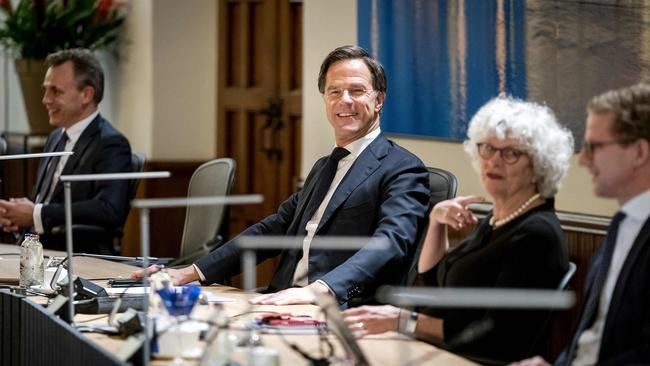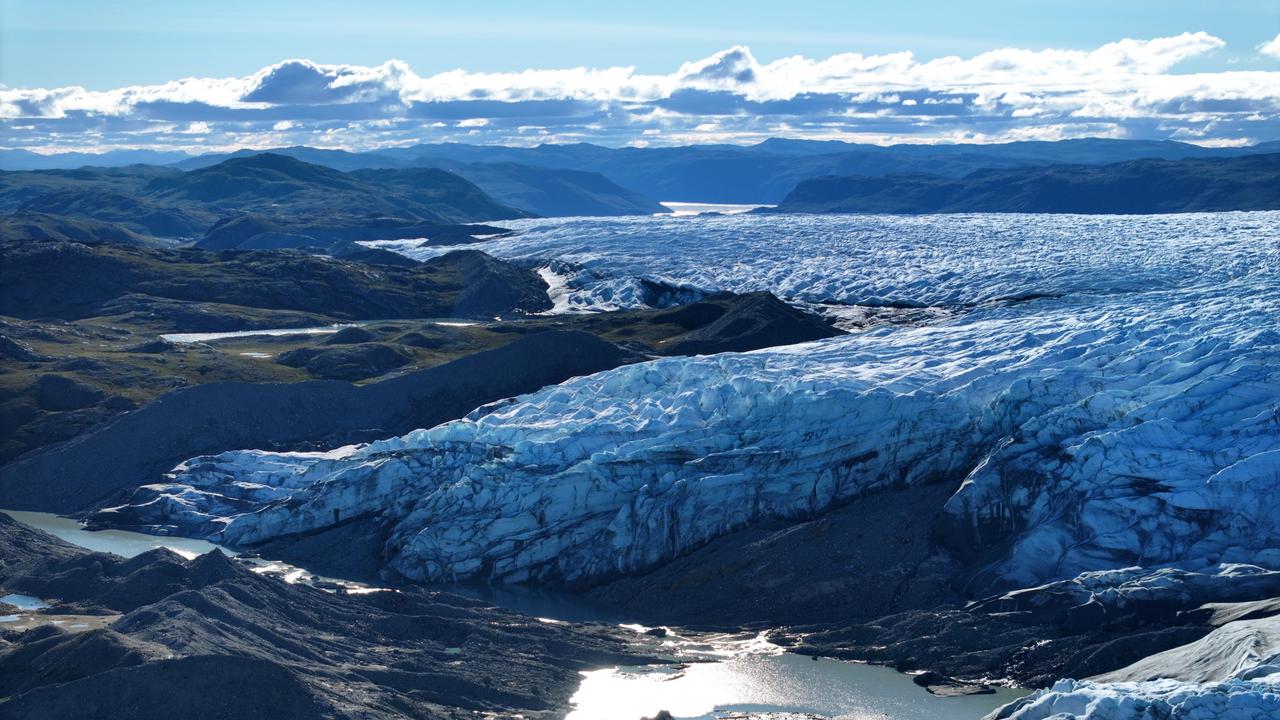New Dutch government has climate at top of agenda
Dutch Prime Minister Mark Rutte’s fourth coalition government took office on Monday a record 10 months after elections, with pledges to spend big on climate change and coronavirus.

Dutch Prime Minister Mark Rutte’s fourth coalition government took office on Monday a record 10 months after elections, with pledges to spend big on climate change and coronavirus.
The new government, formed after gruelling negotiations, has earmarked €35bn ($55bn) over the next 10 years for climate measures. It has promised to build two new nuclear power stations and to become climate neutral by 2050, as one of the world’s lowest-lying and densely-populated countries confronts rising sea levels.
The government also includes The Netherlands’ first dedicated climate and energy minister, Rob Jetten, 34, charged with curbing emissions and the country’s reliance on fossil fuels, especially gas.
“The government has to catch up on climate change,” Mr Jetten told the Dutch news agency ANP, acknowledging the “considerable” task ahead.
Mr Rutte has said the coalition wants to “lay the foundation for the next generation”, especially on climate as about a third of The Netherlands’ landmass sits below sea-level.
“Coronavirus is not gone yet, but of course there are other major issues as well,” he tweeted after the new government’s first cabinet meeting. He also highlighted housing and security issues.
On the pandemic, the new coalition faces the immediate task of deciding whether record Omicron cases mean it should extend Europe’s toughest Covid restrictions, which are due to expire on Friday.
Mr Rutte, 54, is on course to become the longest-serving Dutch prime minister later this year, and is already the EU’s second longest-ensconced leader after Hungary’s Viktor Orban.
Dubbed the “Teflon” Prime Minister for his ability to dodge scandals, Mr Rutte said in December he wanted his new government to “restore trust”.
The new coalition has a record number of women, with an unprecedented 14 of the 19 ministers and secretaries of state being female.
AFP


